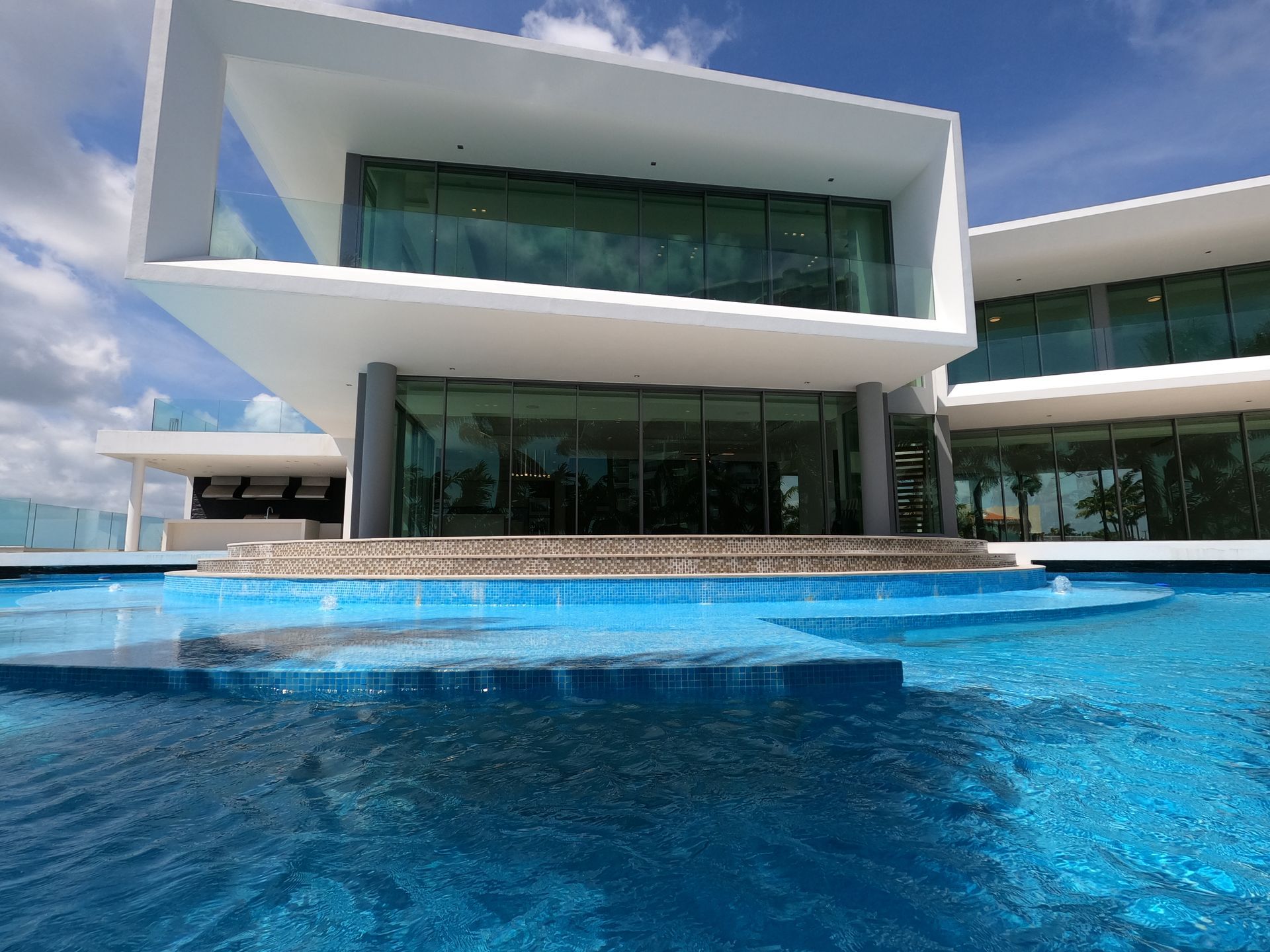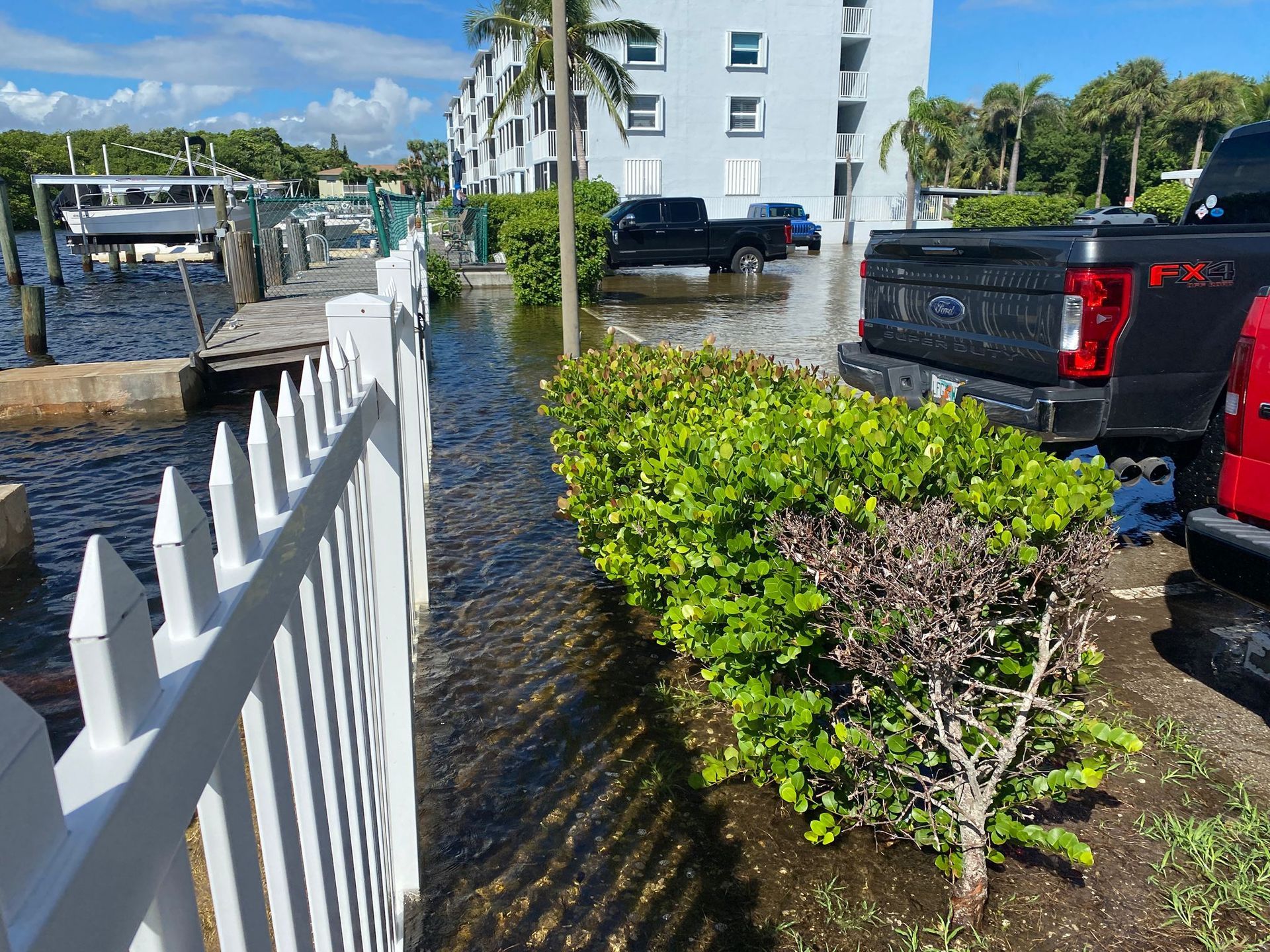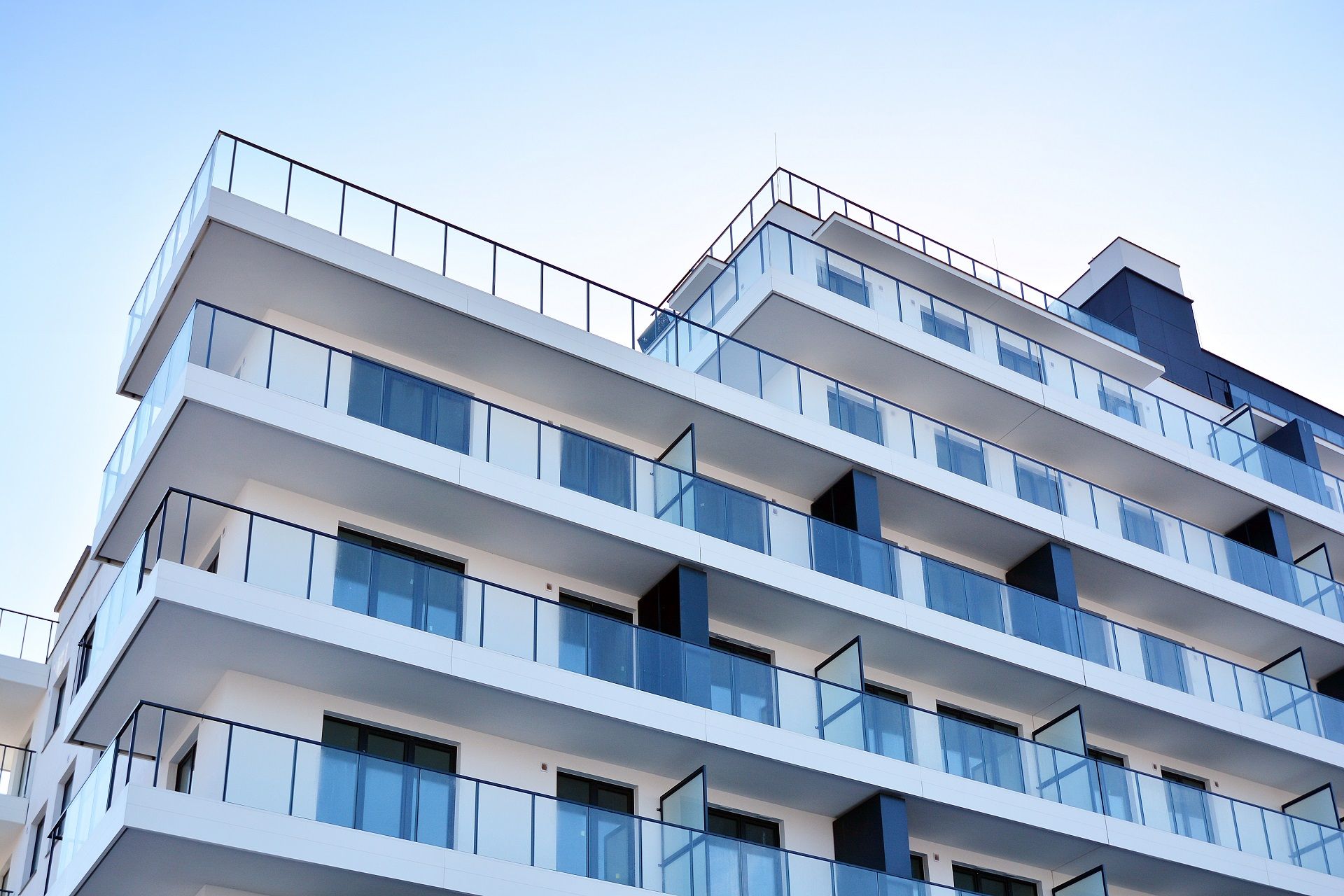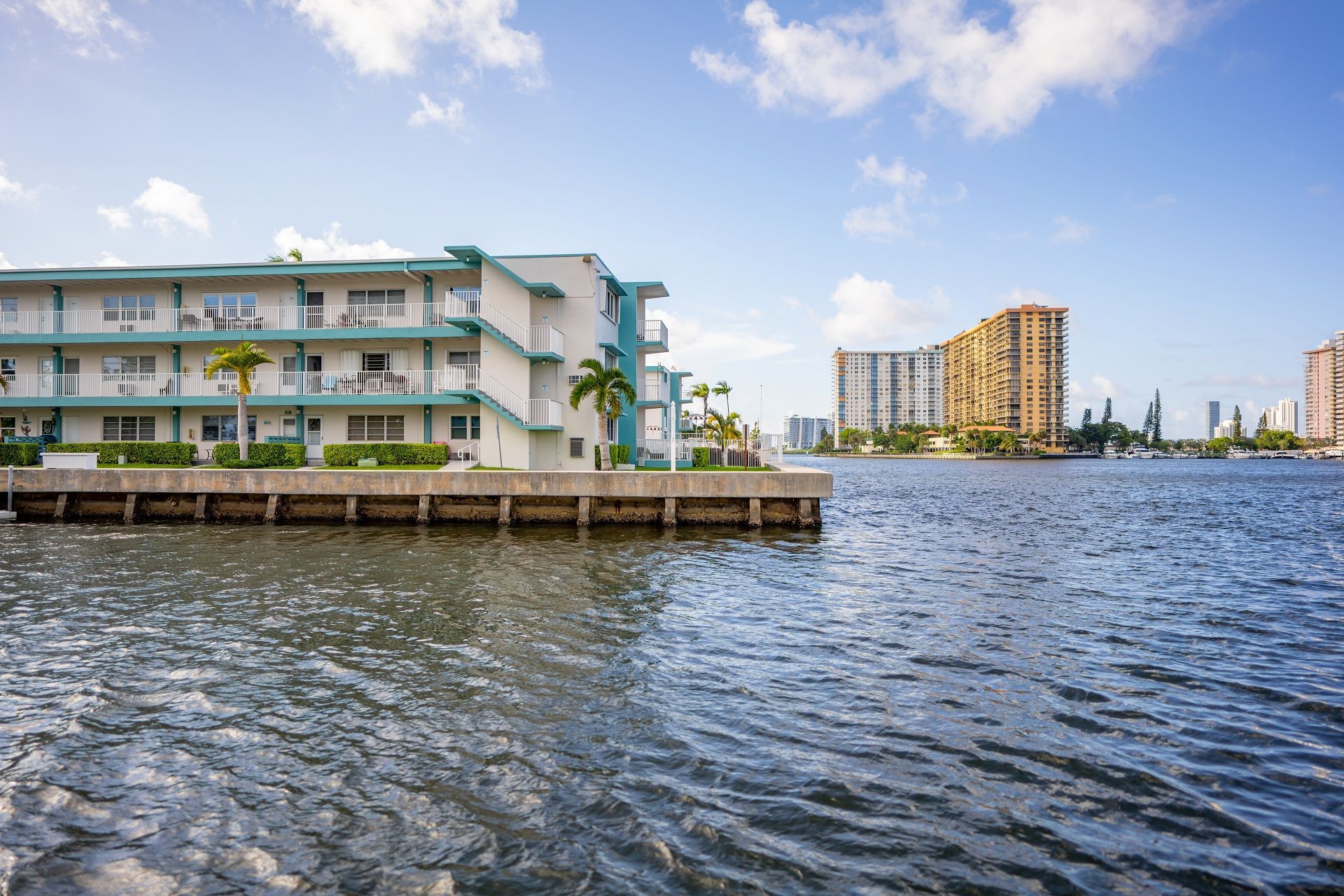Why Most Home Inspectors in Florida Don't Perform Underwater Seawall Inspections
Florida's beautiful shoreline and abundant waterfront properties make it a sought-after destination for residents and investors. The appeal of waking up to views and having easy access to the water is undeniable.
However, many of these waterfront properties are equipped with seawalls, which are crucial structures that serve to protect against erosion and uphold the stability of the shoreline. Despite their significance, prospective homebuyers and property owners often need clarification on why underwater
seawall inspections are not commonly included in the services offered by home inspectors in Florida.
This informative guide will explore the reasons behind this practice, highlight the role played by seawalls, emphasize the necessity of specialized inspections for docks, and underscore how certified inspectors are instrumental in safeguarding these valuable assets.
The Importance of Seawalls in Preserving Florida Coastal Environment
Seawalls go beyond delineating boundaries between land and water—they serve as vital defenses against the erosive forces exerted by the ocean. Along Florida's coastlines, these structures stand as barriers shielding properties from soil erosion, flooding, and damage caused by wave action and tides. Whether it be for residences, commercial establishments, or condominium complexes, seawalls are instrumental in preserving the structural integrity of waterfront properties.
Recognizing the Significance of Checking Seawalls
Inspecting seawalls goes beyond regular upkeep—it's crucial for spotting potential problems, ensuring these structures remain stable, and promptly dealing with any needed repairs or maintenance. A comprehensive seawall inspection typically covers the following:
1. Visual Examination: Inspectors carefully look over the seawall for any signs of damage like cracks, bulges, corrosion, or material wear and tear.
2. Structural Strength: The overall structural integrity of the seawall is assessed, including its foundation, retaining walls, and support structures.
3. Erosion and Settlement: Inspectors evaluate how erosion and settling impact the seawall's stability and effectiveness in safeguarding the property.
The Constraints of Conventional Home Inspections
While traditional home inspectors are crucial for evaluating a property's condition, they often do not include underwater seawall inspections. There are reasons why most home inspectors in Florida skip these assessments:
- Specialized Expertise: Evaluating underwater seawalls demands in-depth knowledge of marine structures, coastal engineering, and Florida's unique coastal challenges. Home inspectors may need more expertise for such evaluations.
- Safety Considerations: Inspecting structures involves risks, like strong currents, submerged debris, and unpredictable conditions. Home inspectors may need the training or tools to conduct safe underwater inspections.
- Specialized Equipment: To properly evaluate the condition of a seawall, specialized equipment like underwater cameras, sonar devices, and diving gear is essential. Most home inspectors need access to specialized tools.
- Regulatory Compliance: Inspecting seawalls may require adherence to regulations and guidelines established by local authorities or environmental agencies. Professionals specializing in marine engineering and coastal inspections are better equipped to navigate these frameworks.
The Significance of Dock Inspections in Conjunction with Seawalls
Apart from seawalls, properties along Florida's waterfront commonly include docks constructed from wood or concrete. Inspecting these structures to ensure safety and structural soundness is equally essential. Let's delve into the aspects of specialized inspections for wood docks, concrete docks, and seawalls:
1. Wood Dock Inspection
Evaluating the wood condition for any signs of rot, decay, or insect damage. Check the docks' support posts, pilings, and decking stability.
Assessing the integrity of fasteners like screws and nails to prevent loosening or failure.
2. Concrete Dock Inspection
Examining the surface for cracks spalling or deterioration due to exposure to saltwater is also necessary. Assessing the state of reinforcement bars (rebar) for any signs of rust or corrosion.
Inspecting to ensure drainage is in place to prevent water buildup and potential structural harm.
Evaluation of Seawalls
- Check the seawall for any cracks, bulges, or indications of strain along its length.
- Reviewing the condition of concrete or steel sheet pilings to confirm they are securely anchored.
- Examining the efficiency of drainage systems and erosion prevention measures.
Trusted Professionals - Certified Inspectors for Seawall and Dock Assessments
Certified inspectors specializing in marine engineering and coastal structures play a role in maintaining the structural integrity of seawalls, wooden docks, and concrete docks.
These experts possess the expertise, training, and tools needed to carry out inspections of underwater structures.
By teaming up with a certified inspector, property owners can have peace of mind knowing that their waterfront assets are well taken care of.
Regular inspections play a role in understanding the condition of waterfront properties, aiding in making well-informed decisions about necessary repairs, upkeep, or enhancements.
Advantages of Conducting Seawall and Dock Inspections
Engaging in checks on seawalls and docks provides various advantages for property owners;
1. Timely Issue Identification: By conducting inspections, potential minor issues can be spotted early on before they develop into significant structural concerns, helping property owners avoid costly repairs in the future.
2. Preservation of Property Value: Keeping seawalls and docks maintained helps retain the value of waterfront properties, ensuring their appeal to potential buyers or tenants over the long term.
3. Preventing Property Damage: A robust seawall acts as a shield against erosion, flooding, and storm impacts, safeguarding the property and its surroundings from harm.
4. Compliance with Regulations: Certain regions may mandate inspections of seawalls and docks to adhere to safety and environmental guidelines.
Securing the Future of Waterfront Properties in Florida
In Florida coastal areas, waterfront properties featuring seawalls and docks are highly sought after for their aesthetics, accessibility, and investment opportunities. However, sustaining these structures demands attention, expertise, and periodic evaluations.
While most home inspectors in Florida typically do not handle seawall assessments, certified inspectors specializing in marine engineering possess the necessary skills to conduct these evaluations effectively.
Property owners with knowledge can maximize the value and longevity of their waterfront investments.
Here at
Certified Inspectors, we recognize the significance of safeguarding waterfront properties in Florida. Our team of certified inspectors is dedicated to conducting inspections, including seawalls, wood docks, and concrete docks. Reach out to us now to arrange an inspection and secure the future of your waterfront asset.
Get in Touch with Certified Inspectors Today
To schedule expert inspections for seawalls, wood, concrete, and more, reach out to Certified Inspectors today. Our certified professionals excel in ensuring the safety and durability of waterfront properties in Florida. Allow us to be your trusted ally in preserving your investment.
Book an inspection today for peace of mind, knowing that experts have cared for your property well.
Disclaimer: The information on this website and blog is for general informational purposes only and is not professional advice. We make no guarantees of accuracy or completeness. We disclaim all liability for errors, omissions, or reliance on this content. Always consult a qualified professional for specific guidance.
Share the post:






